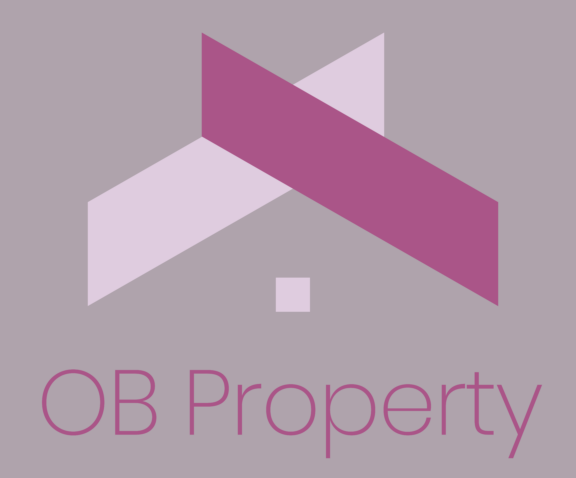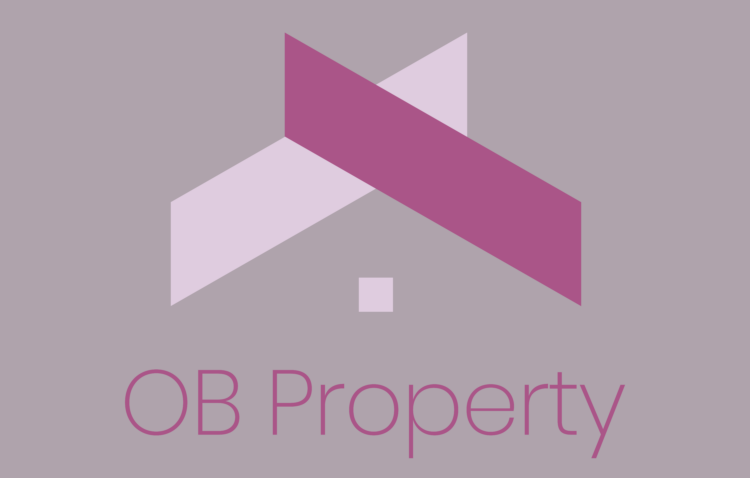Landlord Guide to Letting a Property

BEFORE YOU RENT
Find a letting agent that is accredited through a professional body like ARLA Propertymark and PRS. This will ensure that they are an independent complaints scheme member and offer client money protection.
The first stage toward letting your property is to meet with Nicola Owen, our Lettings Director who has over 20 years’ experience of letting property. Nicola will take account of the location, size and condition of your property and assess current demand. She will then advise a recommended monthly rent, and suggest any action you should take to maximise the rental income and tenant appeal
Arrange a free of charge valuation by clicking here
Explore affordability: what monthly rental income you can you expect to achieve? Consider expenses such as insurance and mortgage payments.
Obtain permission from your mortgage lender. If the property you intend to let is mortgaged, you must first apply to your lender for permission to let as you may be in breach of your mortgage agreement if you don’t.
Insurance. You are responsible for insuring the buildings, your fixtures, fittings and contents. It is advisable to check that your insurance company are aware of your intentions to let the property and obtain consent. It is also advisable to check what void period clauses are within your policy.
Should the property you intend to let be a leasehold property, you must get permission from the freeholder before allowing tenants to occupy the property. If permission is not gained, you may find yourself in breach of the conditions of the lease. You will also be responsible for any ground rent and service charges levied on the property during the tenancy, not the tenant.
By law, you will need an EPC (energy performance certificate) for your rental property to allow the marketing of it. We are able to help you organise this or, alternatively you can check if there is already one available on your property. Click here to check https://www.gov.uk/find-energy-certificate
Rental profit is liable to tax whether or not you live in the UK. Several items of expenditure can be offset against rental, but this does need to be a consideration when you are thinking of letting your property. We recommend that you seek the advice of a qualified accountant as tax status does vary. Overseas landlords are required to complete a Non-Resident Landlord form (NRL1)
Letting a property comes with legal and moral obligations and it is the responsibility of the landlord to meet certain safety standards. Make sure that you are familiar with such obligations and responsibilities. We will work through all of this with you.
PREPARATION OF THE PROPERTY
The landlord is responsible for making sure that the rented property meets safety standards. Failure to do so may affect your ability to serve notice to the tenants so it is important that you are always up to date with the requirements. These comprise of:-
- Annual Gas safety certificate
- Electrical Installation Condition Report
- PAT test
- Legionella Risk Assessment
- Installation and checking batteries of smoke alarms (one per each level of property)
- Supply of Carbon Monoxide monitors where solid fuel is used
- All upholstered furniture and soft furnishings (mattresses, cushions, sofas, beds, soft garden furniture and so on) manufactured after 1950 must comply with the Fire Regulations 1998 (as amended) and are required to be fire resistant. (Furniture which can be shown to be manufactured before 1950 is exempt because dangerous materials were used more before 1950).

In terms of decorating and soft furnishings, keep it fresh and neutral. We recommend and a fresh lick of paint if possible every 3-4 year and a thorough clean before the start of any new tenancy . A well-maintained, clean property will attract good tenants.
Inform the agent of any guarantees of works and leave instruction manuals at the property.
Inform the utility companies and local council that the property is to be let and give authorisation to them for your managing agent to deal with void period bills.
We strongly recommend having an inventory and check in report done by a professional inventory clerk prior to the start of a tenancy. They are essential when dealing with any disputes that may arise when a tenant moves out.
Make sure that there are enough sets of keys for each party. We recommend three sets; one for yourself or the agent, and two sets for the tenants if a joint tenancy.

DURING THE TENANCY
Our Premium Management Service offers a ‘no fuss’ approach and we will handle all day to day dealings regarding the property. This will include: collecting rent, liaising between tenants and contractors to ensure your statutory obligations are met, liaising with you where required and reporting the condition of the property to you upon each scheduled inspection. CLICK HERE for a comprehensive list of what is included in our Premium Management Service.
If you prefer to manage the property yourselves, and use our Letting Only Service then you may need to consider the following points:
- Provide contact details to your tenant so they are able to reach you if problems arise and report maintenance issue.
- Make sure that rent payments are kept up to date and communicate with the tenants regarding any shortfalls or apportioned amounts due.
- Keep a comprehensive ledger of rents received and expenses made against the property. This will assist you when you are due to conduct your self-assessment returns.
- Consider what alternative arrangements you have in place for your tenants if you are away or cannot be reached in an Emergency.
- Gas safety certificates is a statutory requirement and must be conducted annually.
- Legionella Risk Assessments, are a statutory requirement and are to be conducted every two years.
- PAT (Portable Appliance Test) are recommended to show your duty of care as a landlord and it is recommended that you conduct these annually or certainly per tenancy.
- Conduct regular property inspections making sure that you give the correct notice to enter the property and with fair consideration to the tenants living habits. Highlight any areas that you feel need attention.
- Maintain your property internally and externally including the service of the boiler and other appliances if applicable.
END OF A TENANCY
The tenant must give you one months’ notice in writing unless other terms are laid out in the current tenancy agreement and they must be within the last month of their fixed term tenancy agreement.
You as a landlord must give two months’ notice in writing to your tenants to gain possession. This must be done correctly by serving a section 21 notice. It is important to note that there are certain restrictions on serving this notice so professional advice should be sought. OB Property can assist you in serving notice.

As part of our Premium Management Service we will handle all day-to-day dealings regarding the property including that of the move out process and making sure the property is then ready to re-let.
We recommend a pre-move out inspection takes place, to highlight any areas that may need attention. If we manage your property, we will arrange this for you
On the last day of the tenancy we recommend a professional inventory clerk conduct a check out inspection, they will also obtain meter readings. The checkout can be used as evidence of the property condition at the end of the tenancy should deductions from your tenants’ deposit be required.
At the start of the tenancy the deposit will be registered with the TDS Custodial scheme. If your property is managed we will negotiate with your tenant if any deposit deductions are required, and should it become necessary deal with any deposit disputes on your behalf inline with the TDS rules.
Advice for the landlords on handling deposit deduction and how the TDS adjudicate a deposit dispute can be found here https://www.tenancydepositscheme.com/learn-more/information-tds-lounge/guides/
You become liable for the utilities and council tax during any void period. If you are using our premium management service, we will transfer them, and deal with the void period bill on your behalf

